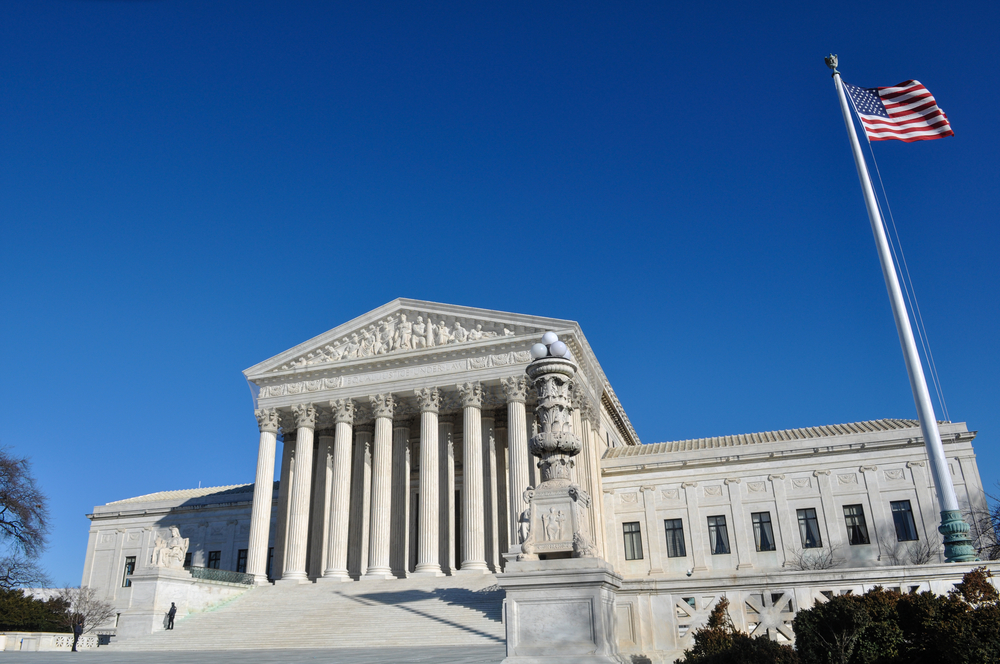
The Foreign Sovereign Immunities Act of 1976 (FSIA) grants foreign states and their agencies and instrumentalities immunity from suit in the U.S. courts and grants their property immunity from attachment and execution in satisfaction of judgments against them.28 U. S. C. §§1604, 1609.
In essence, FSIA determines the scope of federal and state court power over foreign states. It, however, recognizes certain jurisdictional and attachment immunity exceptions. In particular, a foreign state shall not be immune from the jurisdiction of courts of the United States or of the States in any case in which money damages are sought if the foreign state was designated as a state sponsor of terrorism at the time the conduct leading to the claim occurred, or was so designated as a result of such a conduct. 28 U.S. Code § 1605A (a)(2)(A)(i).
Section 1610(g) of FSIA permits attachment of property in aid of execution on a judgment obtained against a foreign state under the FSIA’s terrorism exception to jurisdictional immunity without regard to whether the property belongs to the state itself or to an agency or instrumentality of the state. The logical reading of Section 1610(g) is that it was only intended to address the attachment of property belonging to agents and instrumentalities of states designed by the US as sponsors of terrorism.
But the critical question, which often confronts practitioners and litigants alike, is whether Section 1610(g) serves as an independent exception to foreign sovereign immunity from attachment. Put more succinctly, whether Section 1610(g) can itself be enough basis for a FSIA Section 1605A judgment creditor to attach and execute judgment against the property of a foreign state without invoking one or more of the exceptions to the immunity from attachment enumerated in Section 1610.
The foregoing issue came up for determination before the US Supreme Court in a recent case. Rubin et al. v. Islamic Republic of Iran et al., (2018) No. 16-534. In that case, the U.S. victims of a 1997 terrorist attack in Jerusalem sought to obtain Iranian artifacts in the possession of the University of Chicago to satisfy a $71.5 million judgment Iran never paid.
The question presented to the Supreme Court for determination was whether Section 28 U.S.C. § 1610(g) provides a “freestanding attachment immunity exception” that allows terror victim judgment creditors to attach and execute upon assets of a foreign state sponsor of terrorism regardless of whether those assets are otherwise subject to execution under FSIA Section 1610.
The Supreme Court held that Section 1610(g) does not provide a “freestanding basis for parties to attach and execute against the property of a foreign state.” The Court found that the most natural reading of Section 1610(g)(1)—that certain property will be “subject to attachment in aid of execution, and execution, upon [a §1605A] judgment as provided in this section”—is that there must be an independent basis under Section 1610(g) for the withdrawal of property immunity.
According to the Court, to conclude otherwise would have rendered the other provisions of §1610(g) superfluous because any plaintiff with a §1605A judgment could seek property attachment under §1610(g) regardless of whether the conditions of any those provisions were met.
In sum, FSIA’s immunity to foreign countries in U.S. courts does not extend to any country designated by the U.S. as a state sponsor of terrorism. 28 U.S. Code § 1605A (2) (A) (i). But in the opinion for the Rubin case, FSIA also grants their property immunity from “attachment and execution in satisfaction of judgments against them.”
Thus, a party who holds a judgment against a country that has been designed by the U.S. as a state sponsor of terrorism must not just assert that as an independent basis for attachment. Rather, that party should first assert that one of the attachment immunity exceptions contained in Section 1610(g) of FSIA applies to the circumstances their matter.